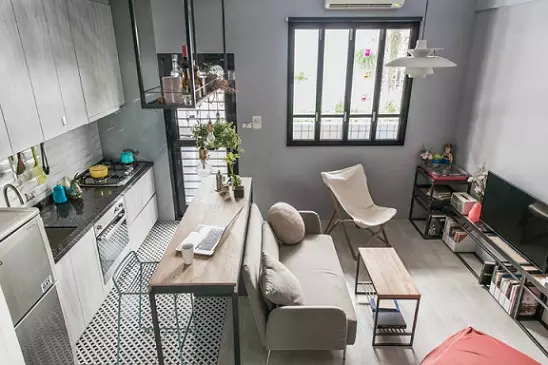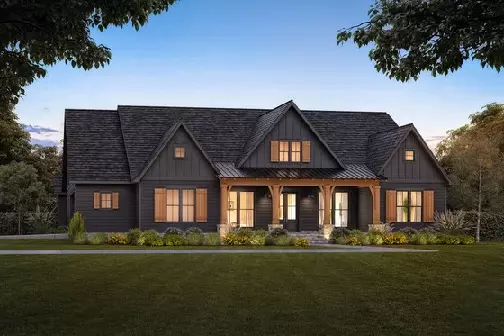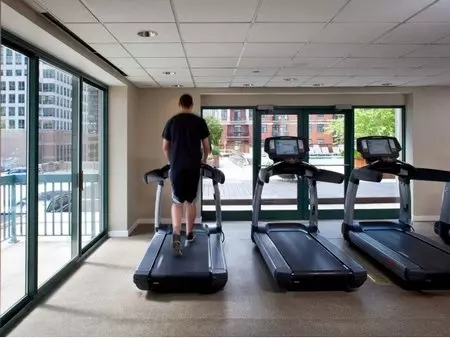If you’re in the market for a new place to call home, you might be wondering what the difference is between a condo vs apartment, or a house. All three options have their own distinct advantages and disadvantages, so it’s important to do your research before making a decision.
Do you want the amenities of an apartment complex with the privacy of your own space? Maybe a condo would be a good fit. Or perhaps you’re looking for a single-family home where you can have a yard. In this article, we’ll break down the pros and cons of each type of housing so you can make an informed decision about what’s right for you.
Condo vs Apartment

Condos are becoming increasingly popular, especially with young professionals and empty-nesters. One of the biggest differences between condos and apartments is who owns the property. When you purchase or rent a condo, you’re buying or leasing an individually-owned unit within a larger complex. When you purchase or rent an apartment, you’re leasing the property from a landlord who owns the entire complex.
Another key difference between these two types of residences is the level of maintenance and repairs that are your responsibility. When you own or lease a condo, you’re typically responsible for maintaining the interior of your unit as well as any common areas that are shared by all residents of the complex.
When you lease an apartment, the landlord is typically responsible for all maintenance and repairs, both inside and outside of the individual units. Condos tend to have much higher-end finishes and features in the unit while apartment furnishings are more geared towards easy and cheap restoration and repair.
Most condos are occupied by their owners, all though many do choose to rent out their units and become landlords themselves. On the other hand, apartment units are usually all occupied by renters. Some may find living amongst other condo owners results in neighbors who are more mindful of each other and the property whereas apartment renters may be there for a shorter-term, so creating community cohesivity may be less of their concern.
One of the greatest benefits of living in a condo or apartment is they usually come with a number of amenities like a gym, pool, or community center. On the downside, both condos and apartments can be quite noisy since you’ll be sharing walls with your neighbors. All amenities and community areas will be shared as well. Your unit may have a patio or balcony included but that’s as far as you’ll get when it comes to having a private backyard.
Condo vs House

One key difference between condos and houses is that houses are stand-alone properties while condos are units within larger complexes. This means that when you purchase or lease a house, you’re responsible for all maintenance and repairs on both the interior and exterior of the property.
When you purchase or lease a condo, you share responsibility for common areas with other residents in the complex, but you’re typically only responsible for maintaining the interior of your individual unit. Condos usually come with a number of amenities like a gym, pool, or community center while these luxury features would have to be accessed at outside locations if you live in a house.

When you buy a house, you’ll own the property outright and can do whatever you want to it – within reason (no putting up illegal structures!). You’ll also have more privacy since houses don’t share any walls with neighbors. You won’t have to answer to a landlord, but may have to deal with a homeowners association if your house is located in a neighborhood that has one.
Another notable difference between these two types of residences is that houses typically appreciate in value over time while condos generally don’t. This is because there’s always a limited number of units in a condo complex while there’s no limit on the number of houses that can be built in any given area. That said, both houses and condos can be good investments if they’re well-maintained and located in desirable areas.
Protect Your Car and Home With a Dash Camera
Of course, houses come with their own set of downsides as well. For starters, they’re generally more expensive than other types of housing – both upfront and in terms of ongoing maintenance costs. And unless you buy a fixer-upper or build your own home from scratch, chances are good that you won’t get everything exactly how you want it from a design perspective (although working with a good remodeling contractor can help mitigate this issue). You will also have to take care of any homeowner association fees and property taxes, which are things you don’t have to worry about when renting a condo or apartment.
Conclusion

Choosing the right type of housing is a big decision – one that shouldn’t be taken lightly. As you can see, there are some key differences between condos, apartments, and houses. It’s important to take these differences into consideration before making a decision about which type of residence is right for you. There is nothing wrong with renting permanently or until you find a living situation ideal for you and your family. With a little bit of research and patience, you’ll be sure to find the perfect place to call home!
Netflix vs Hulu: Which is the Better Streaming Service in 2023?








+ There are no comments
Add yours